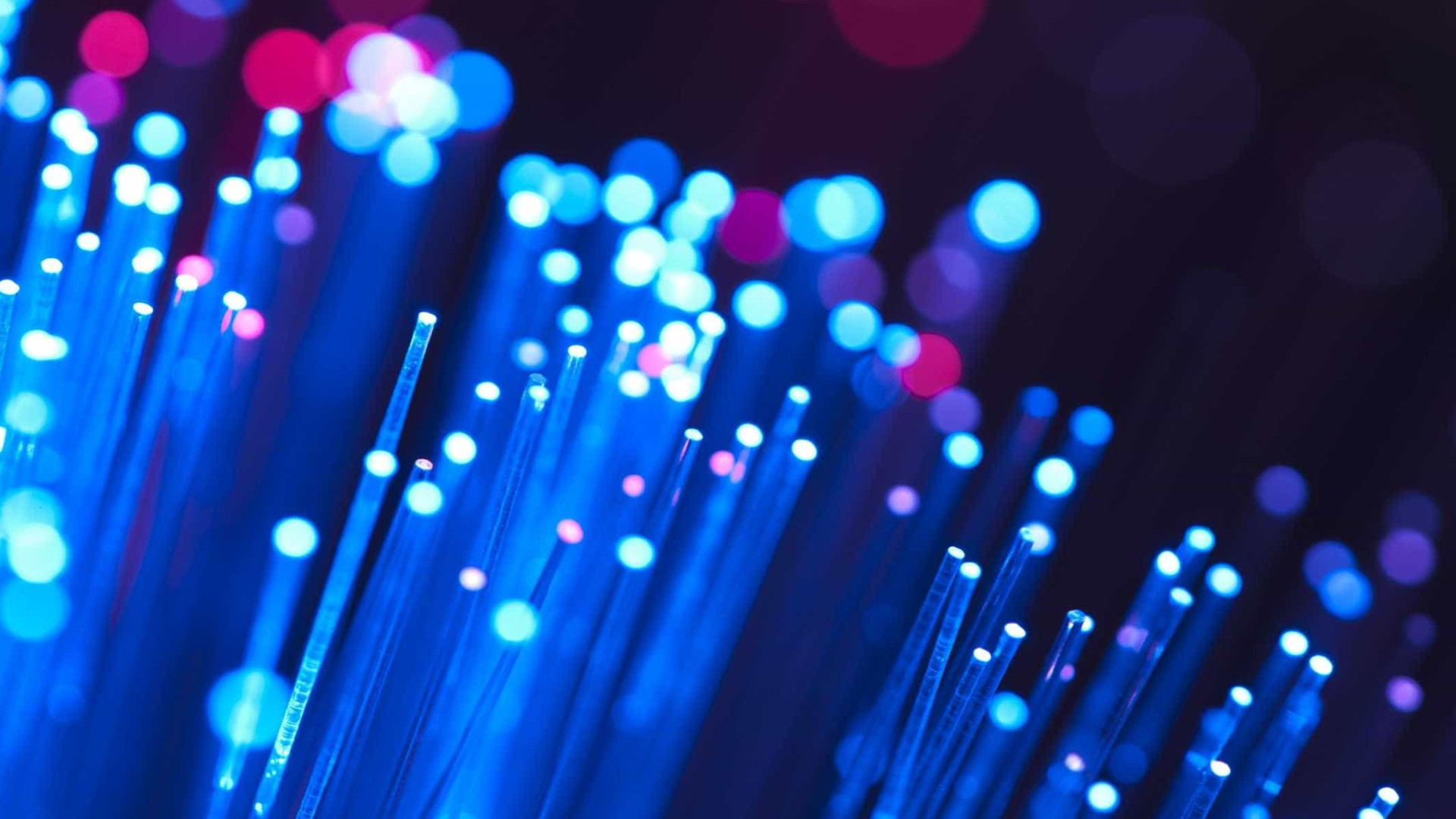
Telecommunications operator Vodacom announced the arrival of the first submarine fiber optic cable in northern Mozambique, guaranteeing that it will support the growth of the country's digital economy.
In a statement, the operator mentions that the '2Africa', considered the largest submarine telecommunications cable system in the world, arrived today in the city of Nacala, province of Nampula, connecting the optical fiber to the new 'data center' also inaugurated locally by Master Power Technologies, partner of the project, which will connect 33 countries, 19 of which are in Africa.
"This is the first submarine cable to land in the north of the country, after having landed in Maputo [south] in February, with the promise of greater internet capacity and accelerated connectivity for Vodacom customers, supporting the growing digital economy in Mozambique“, highlights the operator.
The submarine cable '2Africa' connects Europe (with connections in Portugal and the United Kingdom), Africa (Senegal, Ghana, Angola, South Africa, Mozambique, Somalia, Egypt, among others) and Asia (Iraq, Iran, Pakistan, India, among others), in a total of 46 points and return to the European continent through Italy and France.
It is expected to serve 3.000 million people when it is fully operational, in 2024, over a total length of 45 kilometers and a bandwidth of 115 terabytes.
"Through this undersea fiber optic cable infrastructure, Vodacom will provide a direct international outlet for faster and more reliable internet services in the country.“, explains the operator.
The “2Africa” consortium includes eight international partners, such as China Mobile International, Meta, Bayobab, Orange Telecom Egypt; Vodafone Group (parent company of Vodacom) and WIOCC, which joined in 2020 to “significantly increase the capacity, quality and availability of internet connectivity between Africa and the rest of the world".
BUT: Submarine cable 2África will only come into operation in 2024
“Vodacom is the designated partner for the landing in Mozambique, providing infrastructure for the installation of cables in the existing sites in the port area of Maputo and in the port of Nacala”, he adds.'
"The landing of the '2Africa' submarine cable reaffirms Vodacom's commitment to boosting digital inclusion in Mozambique and on the African continent, increasing access to quality internet services and investing in network infrastructure to support it. This is an ambitious challenge for which we cannot achieve results alone. Collaboration between other industry and public sector 'players' is key to connecting more citizens in the country and across the continent“, assumed José Mendes from Vodacom, quoted in the same statement.
From this infrastructure, service providers in Mozambique “will be able to obtain capacity in a fair and equitable way, encouraging and supporting the development of a healthy ecosystem of internet services”.
"Direct international connectivity can then be provided to data centres, enterprises and distribution customers. Once the fiber optic cable system is deployed, businesses and consumers will benefit from better quality, reliability and lower latency for Internet services including telecommuting, high definition video streaming, as well as advanced multimedia and mobile video applications.“, underlines the operator.
He adds that the arrival of the fiber optic cable system in Mozambique "also offers potential for the much-needed creation of regional jobs in sectors that depend on direct international connectivity, such as 'data centers', 'call centers' and software development", he adds. being an “employment opportunity can help contribute to local and national socio-economic development”.
The '2Africa' project will support the growth of 4G, 5G and fixed broadband access, "providing better connectivity for rural and underserved areas, as well as network resilience", admitting the consortium that represents an "economic impact" of more than 26.200 million dollars of Africa's GDP, “two to three years after its commissioning”.







